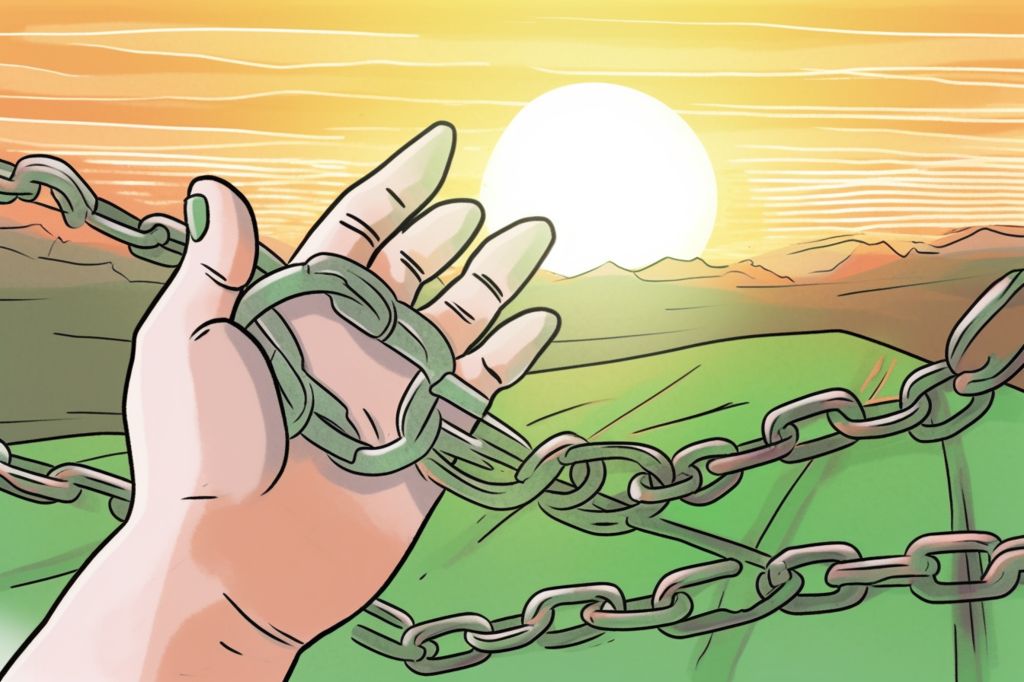In the Northern Cape Province of South Africa, De Aar has become a hotspot for gangsterism. Schoolchildren in the area are increasingly involved in gangs, leading to a growing concern for the safety and well-being of residents. To address this issue, the Department of Social Development has planned a restorative justice intervention involving both parents and children.
The Rise of Gangsterism in De Aar
The Department of Social Development and other stakeholders collaborated to identify the prevalence of gangs among learners in Sunrise Township in De Aar. Many children involved in these gangs justify their actions as self-defense, but they ultimately create a dangerous environment for themselves and others. The Emthanjeni Department of Social Development service point has received many referrals related to gang activity in the area.
Proactive Measures Against Gangsterism
The Department of Social Development is taking a proactive approach by initiating a restorative justice intervention with affected children and their parents. Probation officers are preparing for family group conferences to encourage open communication and create a supportive and nurturing environment for these at-risk children.
As the custodian of children’s welfare, protection, and care in South Africa, the Department of Social Development has introduced the Anti-Gangsterism Strategy. This initiative aims to raise awareness about the dangers of gangsterism among children, youth, and families. It complements the South African Police Service National Strategy, which calls for every department to contribute to crime prevention in line with their respective mandates.
The Importance of Addressing Gangsterism
Gangsterism perpetuates a cycle of violence that affects entire communities. Children who join gangs often engage in various criminal activities, such as robbery, hijacking, and bullying. The restorative justice intervention aims to address the root causes of gangsterism and provide affected children with an opportunity to make positive changes in their lives.
Restorative Justice Intervention Event
The restorative justice intervention event is scheduled to take place on June 13, 2023, at the De Aar Community Hall. Members of the media are invited to attend and cover the event, which aims to draw attention to the issue of gangsterism in the region and showcase efforts to combat it.
Working Together to Curb Gangsterism
With the Department of Social Development leading the fight against gangsterism in De Aar, there is hope for affected children and their families. By working together, the community can create a safer, more nurturing environment for all residents and ultimately curb the spread of gangsterism in the region.










